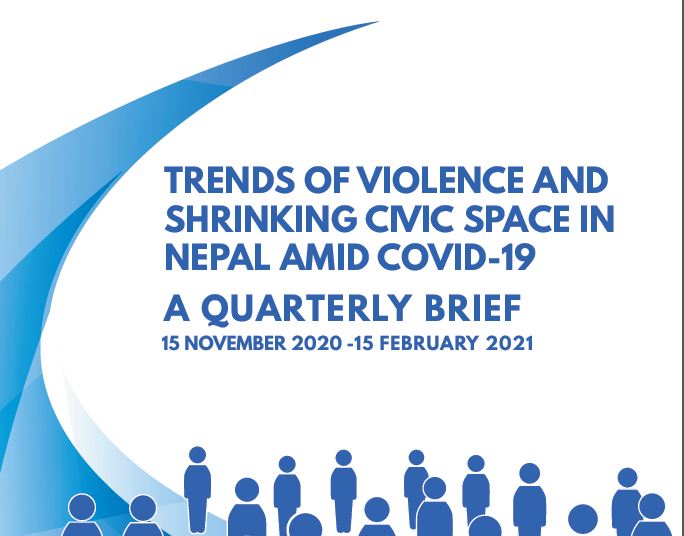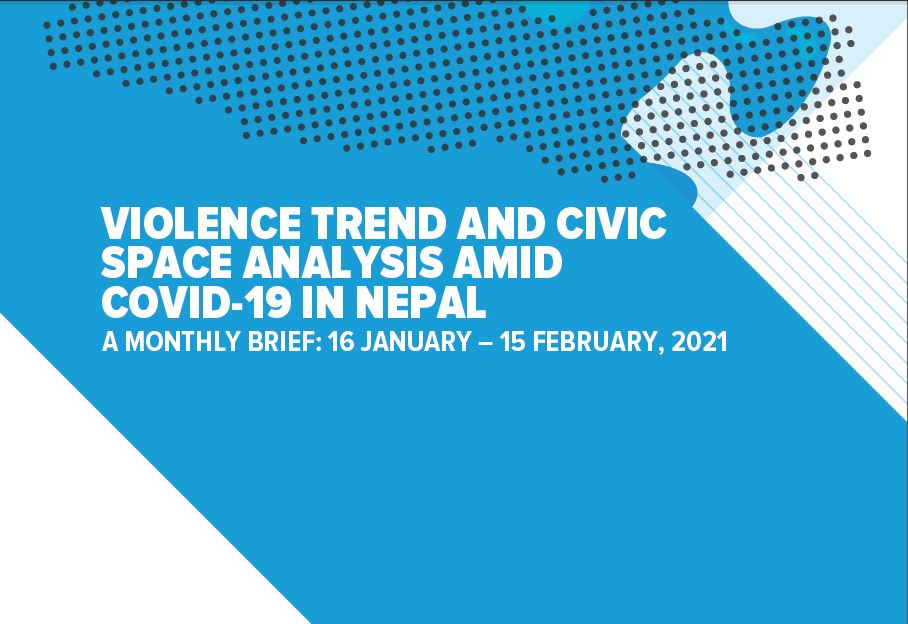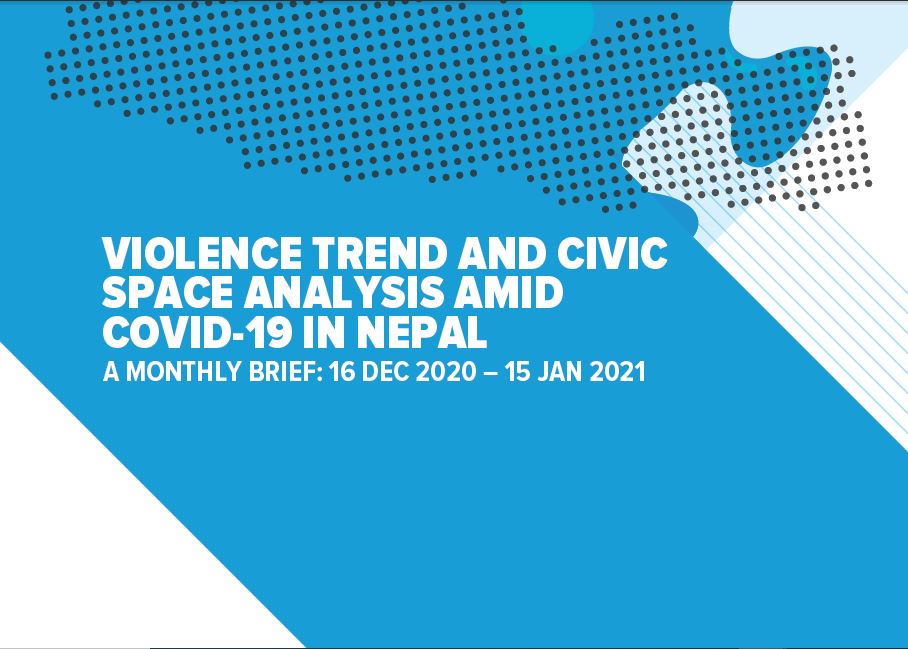30-year-old Ram Manohar Yadav died while receiving treatment in police custody in Bardia district. He had been arrested on the charge of committing rebellious acts against the state. Specifically, what he had done was wave a black flag at Minister of Health and Population Upendra Yadav. The Nepal Police has not registered a case to investigate Yadav’s death, but the National Human Rights Commission (NHRC) has started a probe into the incident. What impact that will have cannot be said because the state always seems to be reluctant to implement the NHRC’s recommendations. This incident covers two dynamics. First, does or does not an individual have a right to express himself or herself? Second, why is the rate of custodial torture increasing in Nepal?
In 2017, the Tarai Human Rights Defenders Alliance (THRDA) documented 118 cases of torture after interviewing 882 detainees in different detention centres in the Tarai. Torture victims complain that they are not provided with medical treatment, and in most cases, they are not produced before the court within 24 hours of their arrest. However, this data does not represent the overall scenario of detention because most of the time, the police do not allow THRDA human rights defenders to meet the detainees.
In 2017, Parliament passed long pending bills known as the Country Criminal (Code) Act, 2017, Country Criminal Procedure (Code) Act, 2017 and Criminal Offence (Determination of Punishment and Implementation) Act, 2017. The code was authenticated on October 16, 2017 and implemented on August 17, 2018. There has been no significant progress in terms of criminalisation of torture at the level of its execution. The death of Ram Manohar Yadav proves this.
First and foremost, the criminal code should be honestly implemented. Clause 22 of the Criminal Procedure Code has made provisions for the examination of the wounds of victims. However, it is important to note that this clause specifically mentions only ‘physical examination’. Torture leaves a huge scar on the victim’s mental condition, but there is no legal provision for a mental examination in this clause. Furthermore, the state must ratify the Optional Protocol to the Convention against Torture and other Cruel, Inhuman or Degrading Treatment or Punishment (OPCAT) and form a national monitoring mechanism for all detention centres. Similarly, the state should make anti-torture legal provisions fully compliant with international human rights conventions and enact a separate anti-torture law in compliance with international human rights standards.
It is good that the attorney general and the chief attorney general at the provincial level will be able to carry out effective and transparent monitoring of detention centres and also collaborate with NGOs working in the human rights sector. Last but not the least, the government of Nepal needs to investigate all allegations of torture and implement the decisions of the NHRC and the courts and provide justice to the victims. In the particular case of Ram Manohar, it’s a shame that his autopsy is not being done. Can’t we say that Nepal is being exposed in the global arena? How can we say that Nepal is a human rights-friendly state? The state must investigate into the custodial death of Yadav and provide meaningful compensation to the family of the deceased.
- Chaudhary is the provincial coordinator (Province 2) with the Tarai Human Rights Defenders Alliance.







